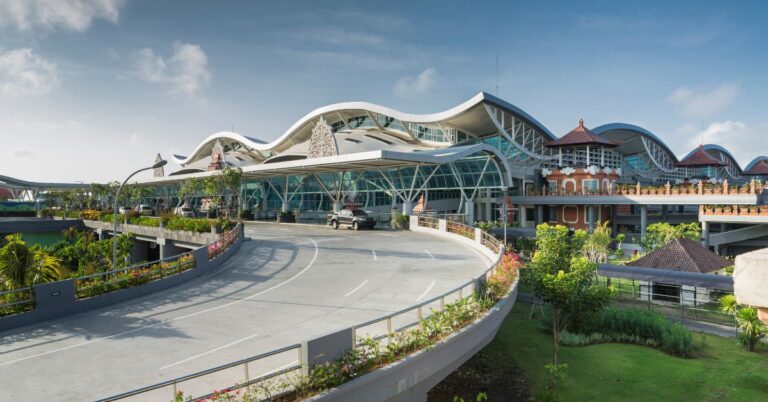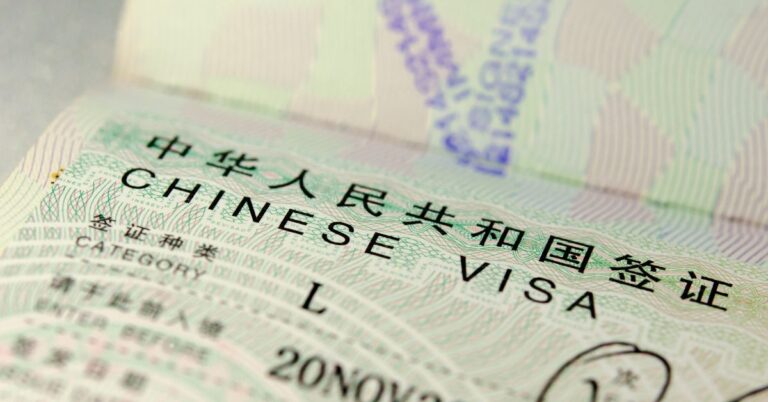Introduction
Japan, long regarded as a dream destination for many travellers, is about to implement significant changes to its entry requirements. The Japanese government has announced a new Japan travel authorisation system (tentatively named JESTA) that will affect citizens from 71 countries, including Malaysia. This system, akin to the United States’ Electronic System for Travel Authorisation (ESTA), is part of Japan’s broader strategy to manage tourism and immigration more effectively. This article explores the implications of this new policy, its impact on Malaysian travellers, and what it means for Japan’s tourism industry.
Japan Travel Authorisation System: What We Know So Far
The Japanese government plans to introduce an online travel authorisation system for citizens of 71 countries that currently enjoy visa-free entry, including Malaysia. This new system is expected to be operational by 2030, with the government allocating funds in next year’s budget to develop the necessary infrastructure.
Under the new system, visa-exempt foreign nationals will be required to declare their purpose of visit, duration of stay, and personal information online before traveling to Japan. The application will then be screened by Japan’s Immigration Services Agency. If flagged as a potential illegal-stay risk, the traveller will be required to obtain a formal visa through their local Japanese embassy or consulate.
The Rationale Behind the New Policy
Japan has enjoyed a boom in tourism, with over 17.7 million visits recorded between January and June 2024. However, with this increase in tourism comes a rise in illegal stays. According to data from the Japanese government, a significant portion of the 49,801 illegal short-term visitors recorded in January 2016 were from visa-exempt countries. The Japan travel authorisation system aims to curb this issue by preemptively screening travellers and reducing the number of illegal immigrants who overstay their welcome in Japan.

Impact on Malaysian Travelers
Malaysian citizens have enjoyed visa-free travel to Japan, with only a valid passport required for stays of up to 90 days. This new authorisation requirement represents a significant change, adding an extra layer of bureaucracy for Malaysian travellers.
However, the impact is likely to be minimal for most Malaysians who travel to Japan for tourism, business, or family visits. The online system will streamline the process, ensuring that those who are eligible to enter Japan can do so with minimal hassle. It is expected that the majority of applications will be approved swiftly, allowing Malaysians to continue enjoying relatively easy access to Japan.
Comparing Japan’s New System with the US ESTA
Japan travel authorisation system mirrors the United States’ ESTA, which was introduced as an anti-terrorism measure following the September 11 attacks. Under ESTA, citizens of visa-waiver countries must apply online for travel authorisation before entering the United States. The process includes providing personal information, travel details, and answering security-related questions.
Similarly, the Japan travel authorisation system is designed to enhance security by preventing potential illegal immigrants from entering the country. Both systems aim to provide an extra layer of scrutiny before travellers board their flights, reducing the burden on immigration officers at the point of entry.
Potential Challenges and Concerns
While the Japan travel authorisation system is intended to improve immigration control, it could pose some challenges:
- Technical Glitches and Delays: As with any new online system, there is a potential for technical issues, especially during the initial rollout phase. This could lead to delays in processing travel authorisations, particularly during peak travel periods.
- Public Awareness and Compliance: Ensuring that all travellers are aware of the new requirement and comply with it is another challenge. Miscommunication or lack of awareness could result in travellers being denied boarding or entry into Japan.
- Impact on Tourism: While the system is unlikely to deter determined travellers, it could introduce a level of inconvenience that might discourage some. Japan’s tourism industry, which has been thriving, will need to balance these new security measures with maintaining its appeal to foreign visitors.
- Data Privacy Concerns: Collecting personal information online always raises concerns about data security and privacy. The Japanese government will need to ensure that the system is secure and that travellers’ data is protected from breaches or misuse.
Benefits of the New System for Japan
Despite these challenges, the Japan travel authorisation system offers several benefits:
- Enhanced Security: By screening travellers before they enter the country, Japan can more effectively prevent illegal stays and other forms of immigration fraud.
- Streamlined Entry Process: For travelers who pass the screening, the entry process could become more efficient, with fewer delays at immigration checkpoints.
- Improved Data Collection: The system will provide the Japanese government with more accurate data on incoming travellers, aiding in better resource allocation and planning for tourism infrastructure.
- Economic Impact: By reducing the number of illegal immigrants, Japan can potentially reduce the economic burden associated with illegal stays, such as law enforcement and deportation costs.
The Broader Context: Japan’s Evolving Immigration Policies
The Japan travel authorisation system is part of a broader shift in its immigration policies. Traditionally, Japan has been known for its strict immigration controls and relatively low levels of immigration compared to other developed countries. However, with an aging population and shrinking workforce, Japan has been gradually opening up to foreign workers and tourists in recent years.
The introduction of the new system reflects Japan’s need to balance its growing openness to the world with the need to maintain control over its borders. It also signals Japan’s recognition of the changing dynamics of global travel and the importance of adopting modern, digital solutions to manage these changes.
What Malaysians Should Do to Prepare
For Malaysians planning to visit Japan, staying informed about the new requirements will be crucial. Here are some steps to take:
- Monitor Updates: Keep an eye on official announcements from the Japanese government and the Malaysian Ministry of Foreign Affairs regarding the implementation of the new system.
- Apply Early: Once the system is in place, apply for travel authorisation well in advance of your planned trip to avoid any last-minute issues.
- Ensure Accuracy: When filling out the online application, double-check all information to ensure it is accurate and complete. Any discrepancies could result in delays or denial of entry.
- Consider Alternatives: If your application is flagged, be prepared to apply for a formal visa through the Japanese embassy. This process may take longer, so plan accordingly.
- Travel Insurance: Consider purchasing travel insurance that covers trip cancellations or delays, especially during the transition period when the new system is first introduced.
Conclusion
The introduction of the Japan travel authorisation system for Malaysians visiting Japan marks a significant shift in Japan’s approach to managing its borders. While the new requirement may add an extra step for travellers, it is designed to enhance security and streamline the entry process for legitimate visitors. For Malaysian travellers, staying informed and prepared will ensure that the journey to Japan remains as smooth and enjoyable as ever. As Japan continues to evolve its tourism and immigration policies, it remains committed to welcoming visitors from around the world, including Malaysia, with the same warmth and hospitality that has made it one of the world’s most beloved travel destinations.









